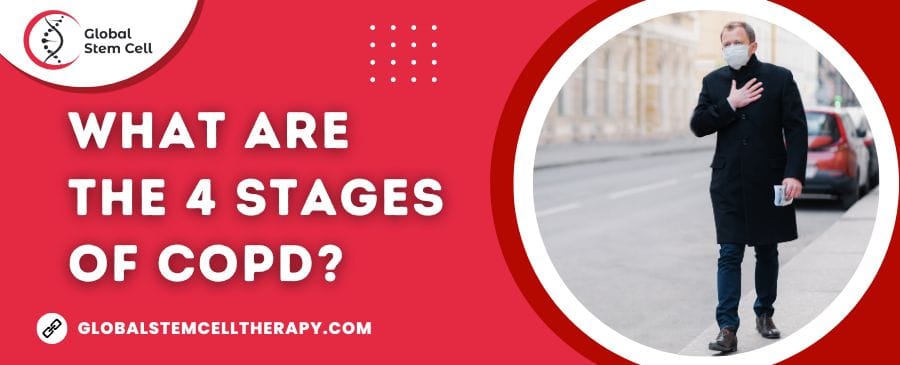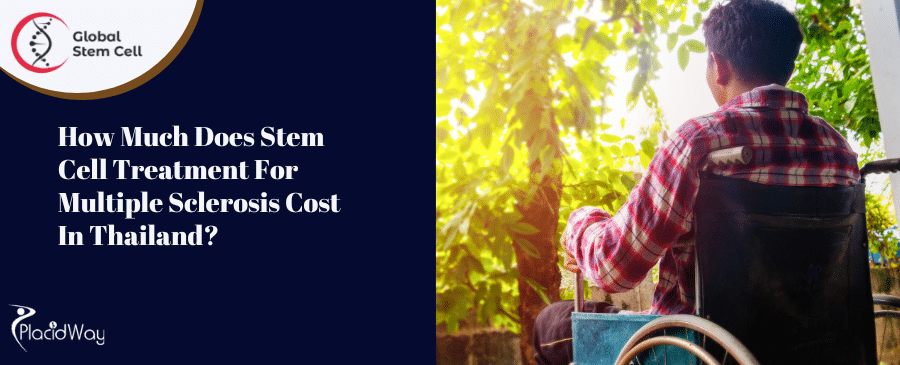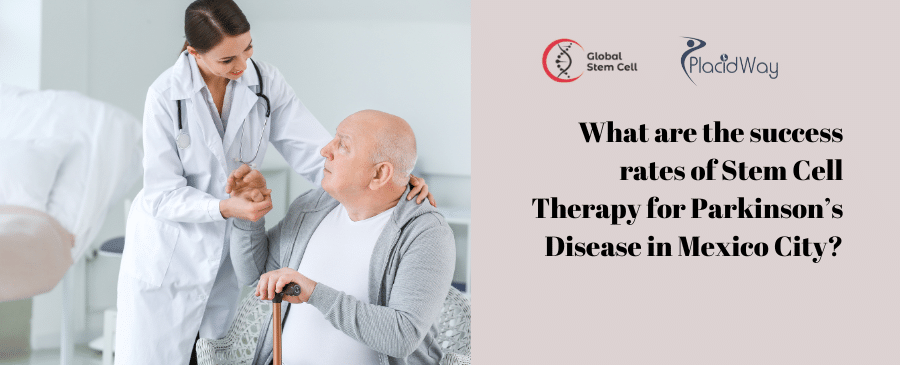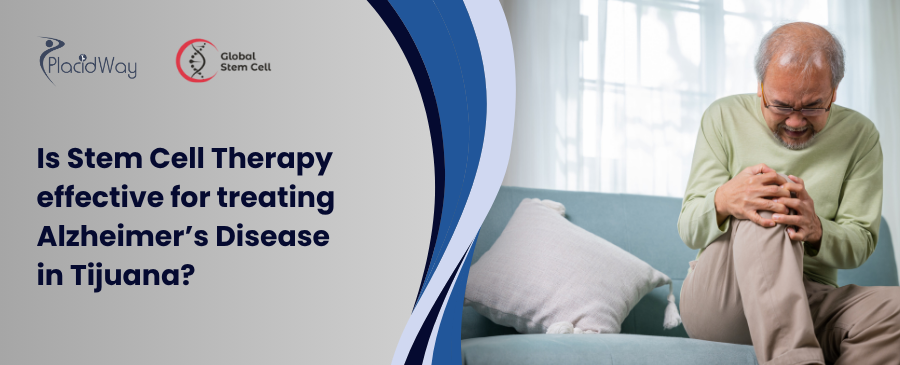Embrace the Power of Knowledge, Unraveling the 4 Stages of COPD
Table of Content
COPD – a term that may seem foreign, daunting, and even terrifying. But fear not, for we are here to guide you through the depths of knowledge and understanding. In this comprehensive guide, you will discover the 4 stages of COPD that will equip you with the knowledge to conquer the unknown. Knowledge is power, and in this case, it’s the power to breathe easier. So, let’s dive in and uncover the secrets of COPD together!
COPD: The Silent Enemy Lurking in Our Lungs
Chronic Obstructive Pulmonary Disease (COPD) is an unyielding adversary you can’t ignore. As a progressive lung disease, COPD gradually destroys your ability to breathe, ultimately impacting your quality of life. But what if we told you that understanding the causes and symptoms could help you prevent this relentless foe? Keep reading to uncover the crucial knowledge you need to combat COPD.
COPD’s Destructive Origins & Causes You Must Know
While there are numerous factors contributing to the development of COPD, certain causes stand out as the primary culprits. Familiarize yourself with these major causes, and you’ll be one step closer to avoiding the threat of COPD:
- Smoking: The Leading Cause of COPD: The cold, hard truth is that cigarette smoke is the number one cause of COPD. The toxins inhaled while smoking damage the lungs, leading to a higher risk of developing this debilitating disease. Make no mistake: quitting smoking is the single most effective way to prevent COPD.
- Air Pollution: COPD’s Invisible Accomplice: Exposure to polluted air, both indoors and outdoors, increases the likelihood of developing COPD. Be mindful of the air you breathe and take appropriate measures, such as using air purifiers and avoiding heavy traffic areas, to reduce your exposure to harmful pollutants.
- Occupational Hazards: COPD’s Sneaky Partner: Exposure to dust, fumes, and chemicals in the workplace can contribute to the development of COPD. Ensure that your working environment adheres to safety regulations and that you’re using proper protective gear to minimize your risk.
- Genetics: COPD’s Unfortunate Inheritance: A rare genetic condition called Alpha-1 Antitrypsin Deficiency can cause COPD, even in non-smokers. If you have a family history of COPD or lung disease, consult with a healthcare professional to assess your risk.
What are the 4 Stages of COPD?
- Stage 1: Mild COPD – The Subtle Intruder
- Stage 2: Moderate COPD – The Persistent Adversary
- Stage 3: Severe COPD – The Formidable Foe
- Stage 4: Very Severe COPD – The Final Frontier
Stage 1: Mild COPD – The Subtle Intruder
In the vast landscape of respiratory health, Mild COPD lurks in the shadows, a stealthy and elusive presence that can easily escape detection. As the first stage of COPD, its symptoms are often so subtle that they might be dismissed or overlooked. However, it is vital to recognize and confront this quiet invader, as early detection is the key to successfully managing this condition and maintaining a good quality of life.
The Early Warning Signs
Mild COPD whispers its presence through a variety of symptoms, including:
- Mild shortness of breath, especially after physical activity
- Occasional coughing, with or without mucus
- Slight wheezing or chest tightness
Though these symptoms might appear innocent and benign, they are the harbingers of a more persistent foe. Identifying these early warning signs can lead to prompt intervention, empowering you to take control of your health.
The Power of Early Intervention
The importance of early detection cannot be overstated. With timely medical attention and lifestyle modifications, you can significantly slow the progression of COPD and enjoy a more fulfilling life. Some vital steps to take during this stage include:
- Consulting a healthcare professional for proper evaluation and diagnosis
- Quitting smoking and avoiding secondhand smoke
- Implementing a regular exercise routine
- Adopting a healthy diet and maintaining a healthy weight
Mild COPD – A Call to Arms
In conclusion, Stage 1 or Mild COPD is the subtle intruder that can easily go unnoticed. Recognizing its presence and taking decisive action is essential to mitigate its effects and prevent further deterioration. By heeding the early warning signs and embracing the power of early intervention, you can stand tall in your fight against COPD and protect your precious gift of breath.
Stage 2: Moderate COPD – The Persistent Adversary
As we delve deeper into the world of COPD, we encounter a more tenacious opponent: Moderate COPD. This second stage of COPD is characterized by symptoms that are more pronounced and persistent, demanding your attention and action. It is at this juncture that many individuals realize the importance of confronting their condition head-on, lest it continue to escalate.
The Call for Vigilance
Moderate COPD announces its presence with a range of symptoms that are difficult to ignore:
- Increased shortness of breath, even during mild activities
- Frequent coughing, often producing mucus
- Recurring wheezing or chest tightness
- Fatigue and a decreased tolerance for physical activity
Acknowledging these signs is crucial for implementing appropriate treatment and management strategies that can help slow the progression of COPD and improve your quality of life.
A Proactive Approach
To combat Moderate COPD, a proactive approach is necessary. This includes:
- Collaborating with your healthcare team to develop a comprehensive treatment plan
- Taking prescribed medications consistently and as directed
- Practicing proper breathing techniques, such as pursed-lip breathing and diaphragmatic breathing
- Engaging in pulmonary rehabilitation to improve lung function and overall fitness
The Power of Adaptation
Adapting your lifestyle to accommodate your condition is essential at this stage. Consider implementing the following changes:
- Quitting smoking, if you haven’t already, and avoiding exposure to secondhand smoke
- Reducing exposure to environmental irritants, such as dust, fumes, and strong odors
- Managing stress and anxiety through relaxation techniques, such as meditation and deep breathing exercises
- Ensuring proper nutrition and hydration to support lung health
Moderate COPD – The Battle Continues
In summary, Stage 2 or Moderate COPD represents a more persistent adversary that requires vigilance, proactive intervention, and lifestyle adaptation. By recognizing the signs and implementing appropriate management strategies, you can continue to face COPD with courage and determination. The battle may be challenging, but with persistence and the right tools at your disposal, you can emerge stronger and more resilient in your fight against this relentless foe.
Stage 3: Severe COPD – The Formidable Foe
As we journey further into the realm of COPD, we are confronted by a more daunting and powerful enemy: Severe COPD. This third stage presents a significant challenge, with symptoms that can substantially impact your quality of life and daily activities. It is during this stage that the importance of comprehensive treatment plans and unwavering determination becomes abundantly clear.
The Signs of Escalation
Severe COPD makes its presence known through a range of distressing symptoms, including:
- Substantial shortness of breath, even during minimal activities or at rest
- Chronic coughing, often with increased mucus production
- Frequent respiratory infections, such as bronchitis or pneumonia
- Fatigue and a marked decrease in exercise tolerance
Understanding these signs and seeking appropriate medical care is crucial to managing your condition and mitigating the impact of this formidable foe.
A Multifaceted Approach
To confront Severe COPD effectively, a multifaceted approach is required. This may involve:
- Working closely with your healthcare team to tailor your treatment plan, which may include medications, oxygen therapy, or even surgical intervention
- Continuing pulmonary rehabilitation to maintain and improve lung function
- Monitoring and managing exacerbations, or flare-ups, to prevent further lung damage
- Adhering to a well-balanced diet and maintaining a healthy weight to support overall health
The Power of Support
Building a strong support system is essential during this stage. Consider the following resources:
- Engaging with a support group for individuals living with COPD, either in-person or online
- Seeking mental health counseling to address the emotional impact of living with a chronic condition
- Enlisting the help of friends and family to assist with daily tasks and offer encouragement
Severe COPD – The Courage to Persevere
In conclusion, Stage 3 or Severe COPD is a formidable foe that requires determination, comprehensive treatment, and unwavering support. By acknowledging the signs, embracing a multifaceted approach, and leaning on your support network, you can persevere through the challenges of this stage and continue to fight for a better quality of life. Remember, the battle may be tough, but with courage and the right resources, you can stand strong against this relentless adversary.
Stage 4: Very Severe COPD – The Final Frontier
In the epic saga of COPD, the climax arrives with the fourth and final stage: Very Severe COPD. This stage is marked by life-threatening symptoms and significant limitations in daily activities, demanding immediate and comprehensive attention. Despite the immense challenges this stage presents, it is crucial to remember that you are not alone in this fight, and that with the right support and resources, you can continue to push forward.
The Battle Intensifies
Very Severe COPD is characterized by a host of critical symptoms that require urgent attention:
- Extreme shortness of breath, even at rest
- Respiratory failure or the need for assisted ventilation
- Severe limitations in daily activities due to debilitating symptoms
- Potential complications such as heart failure, pulmonary hypertension, and chronic respiratory infections
- Facing these challenges requires determination, resilience, and the unwavering support of your healthcare team.
Comprehensive Treatment and Care
To address the challenges of Very Severe COPD, a comprehensive and individualized treatment plan is essential. This may include:
- Advanced medication management, including bronchodilators, corticosteroids, and antibiotics
- Long-term oxygen therapy or non-invasive ventilation to assist with breathing
- Potential surgical interventions, such as lung volume reduction surgery or lung transplantation
- Palliative care to alleviate symptoms and improve comfort
A Strong Support Network
The importance of a robust support network during this stage cannot be overstated. Seek out the following resources:
- Continued engagement with a COPD support group to share experiences and encouragement
- Mental health counseling to address the emotional and psychological challenges of living with advanced COPD
- Assistance from friends, family, and caregivers to help with daily tasks and provide a sense of security
Very Severe COPD – The Will to Endure
In summary, Stage 4 or Very Severe COPD represents the final frontier in the battle against this relentless condition. With life-altering symptoms and significant limitations, it is vital to rely on a comprehensive treatment plan and a strong support network. Though the road ahead may be daunting, remember that with perseverance, determination, and the right resources, you can continue to face COPD with courage and hope. Embrace the power of resilience, and forge ahead in your quest for a brighter, more empowered future.
COPD – A Battle That Can Be Won
As you traverse the path of understanding COPD and its stages, never underestimate the power of your will and determination. The road may be fraught with challenges and obstacles, but with the right mindset and resources, you can emerge victorious in your battle against this relentless foe.
Stay informed about the latest research
- Attend support groups or counseling sessions
- Engage in physical therapy and pulmonary rehabilitation
- Remember, the more you know, the better prepared you are to face the challenges that COPD presents.
- With the knowledge of the 4 stages of COPD and a comprehensive treatment plan in place, you can triumph over this condition and embrace a brighter future.
Breathing New Life: Reclaiming Your Power Over COPD
At Last, understanding the 4 stages of COPD is instrumental in conquering the fear of the unknown and reclaiming control over your life. This comprehensive guide has illuminated the path for you, providing the knowledge and tools needed to overcome COPD’s challenges.
With the power of awareness, early intervention, and a tailored treatment plan, you can breathe new life into your world and emerge victorious against this relentless adversary. Stand tall, embrace the power of knowledge, and forge ahead with the confidence that you have what it takes to triumph over COPD.







